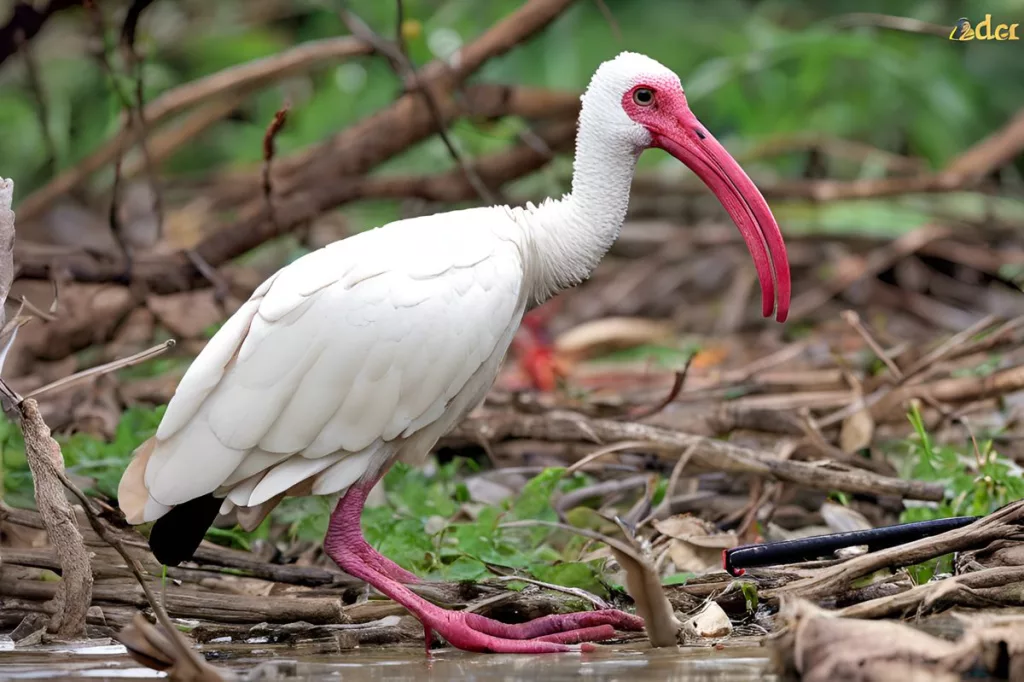The Hadeda Ibis has a unique sensory adjustment that allows it to locate its underground prey by detecting vibrations generated by them beneath the soil surface, known as remotetouch. This ability heavily depends on the moisture content of the soil, making human soil irrigation inadvertently aid the ibises’ range expansion, as it provides more moist substrates for them to sense their prey. The study sheds light on the importance of acknowledging the sensory needs of wetland birds in conservation efforts, particularly in a time marked by continuous environmental changes.

